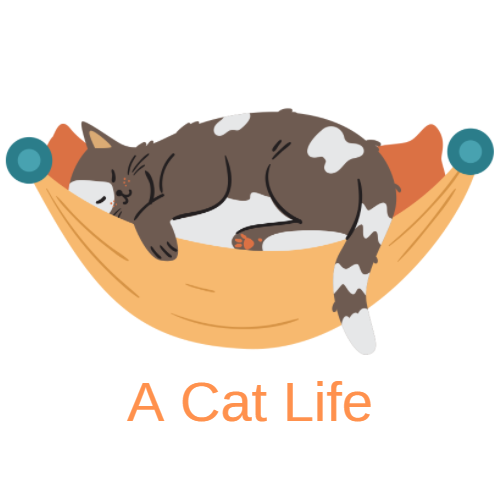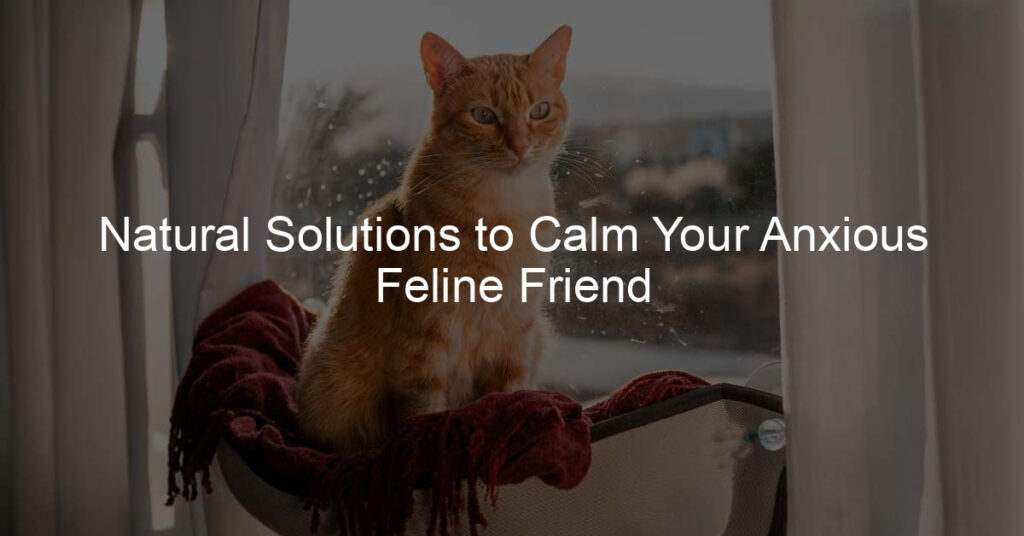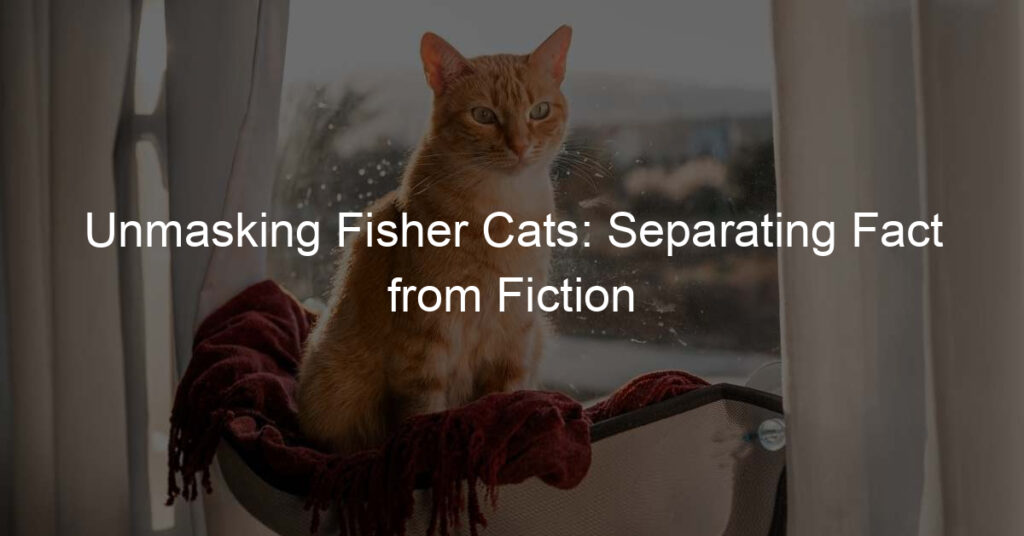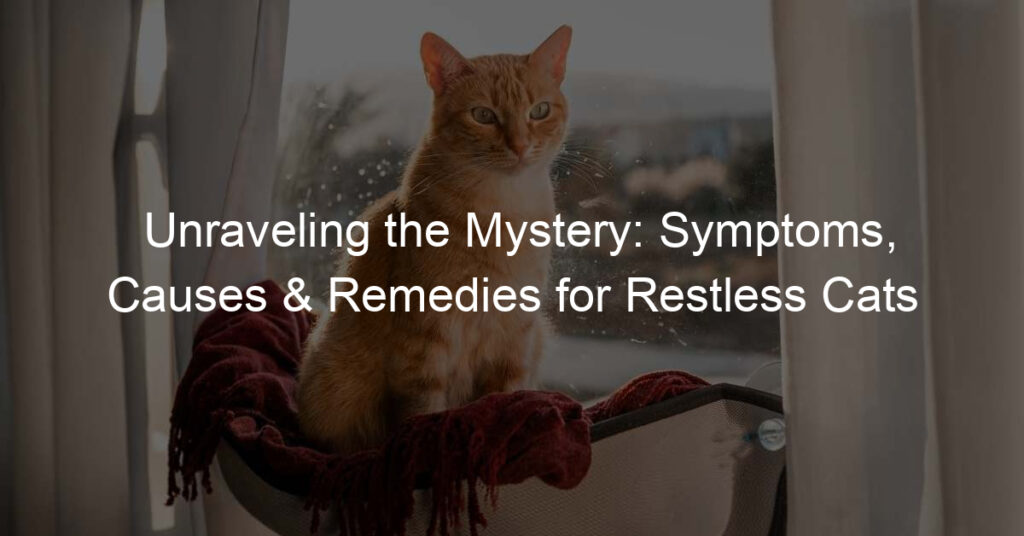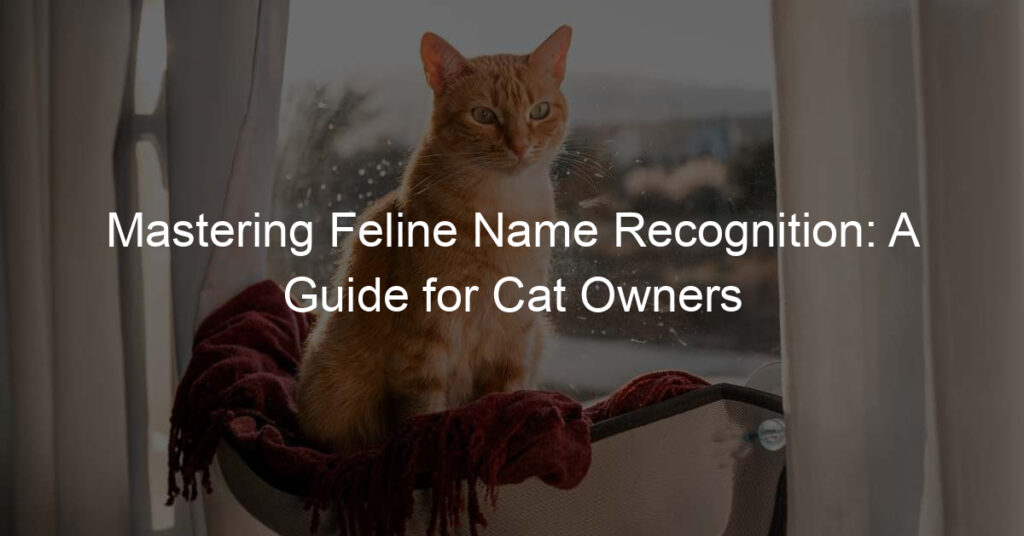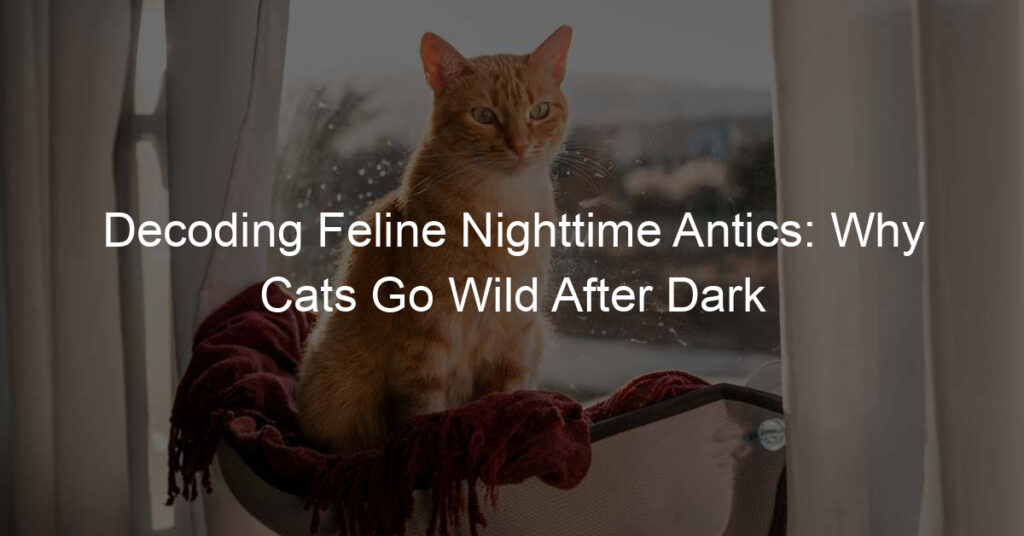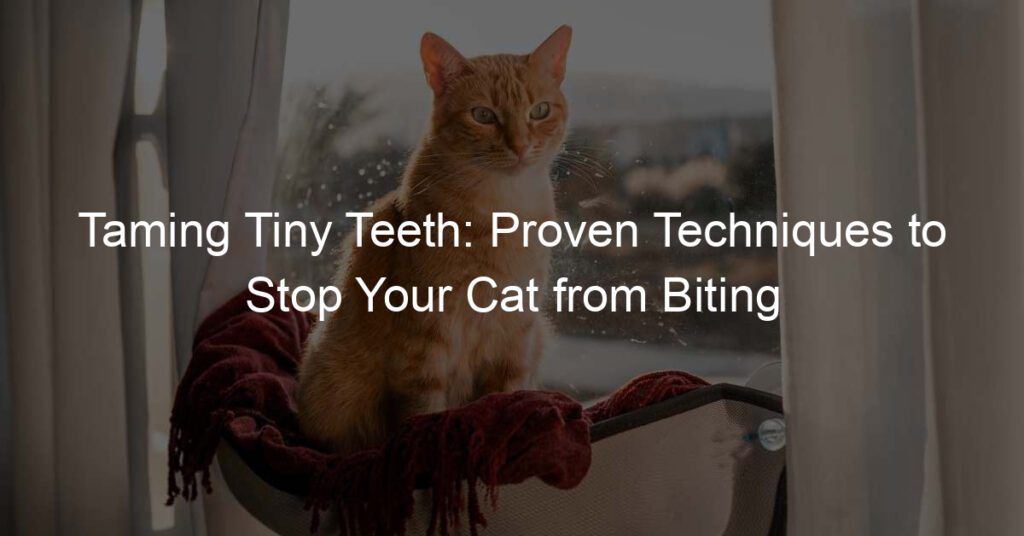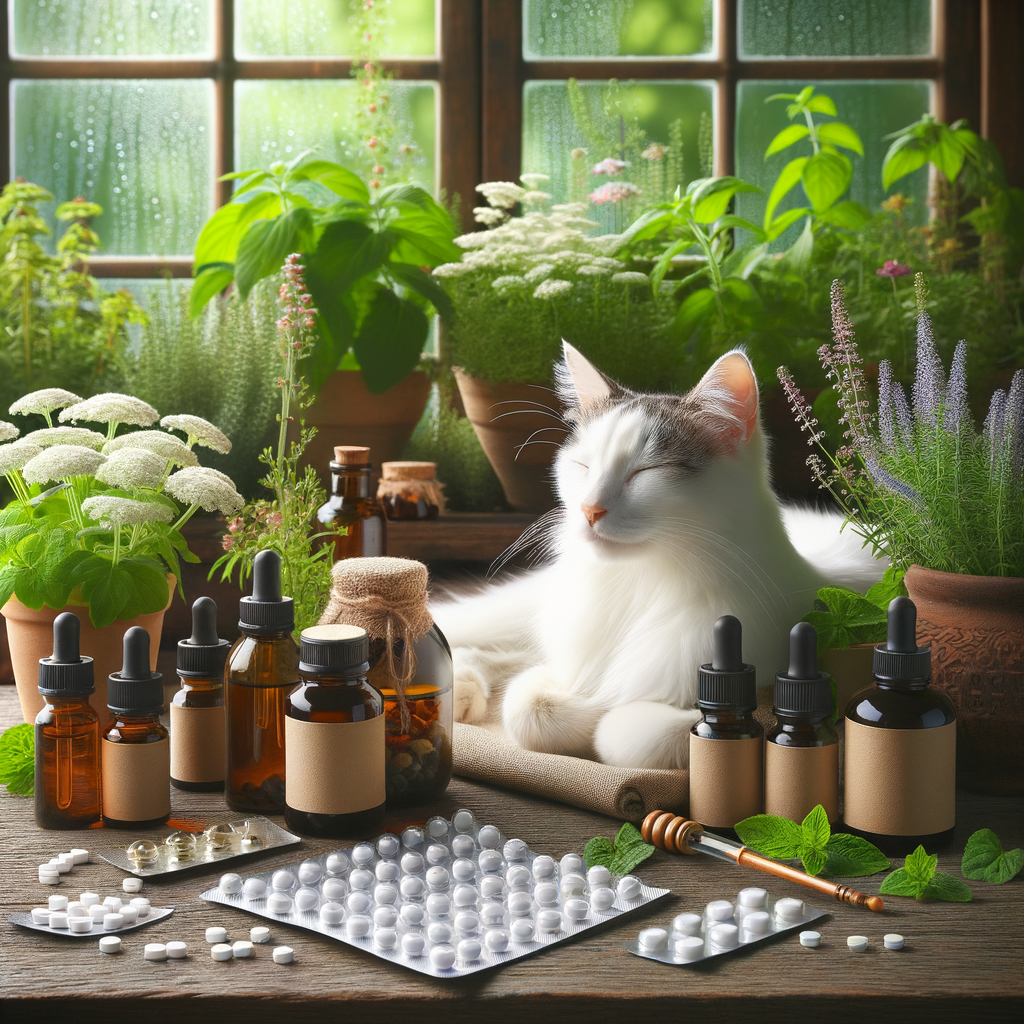
Introduction to Cat Anxiety
Just like humans, our feline friends can experience anxiety. It’s crucial to understand what cat anxiety is and how it manifests so that we can help our pets live happier, healthier lives. In this section, we will explore what cat anxiety is and the common signs to look out for.
- Understanding Cat Anxiety
- Common Signs of Anxiety in Cats
- Hiding: Cats often hide when they are anxious. If your cat is spending more time hiding than usual, it could be a sign of anxiety.
- Excessive grooming: An anxious cat may groom itself excessively, to the point of causing bald spots or sores.
- Changes in appetite: A sudden increase or decrease in appetite can indicate anxiety.
- Aggression: Anxious cats may become more aggressive or irritable.
- Urinating outside the litter box: This could be a sign of anxiety, especially if your cat has been trained to use the litter box.
Cat anxiety is a feeling of unease that a cat experiences. It can be triggered by various factors, such as changes in the environment, separation from the owner, or traumatic experiences. Anxiety in cats is not just a behavioral issue; it can lead to serious health problems if not addressed. For instance, it can cause a decrease in appetite, leading to weight loss, or result in destructive behavior.
Recognizing the signs of anxiety in cats is the first step towards helping them. Here are some common signs:
Remember, these signs can also indicate other health issues, so it’s important to consult with a vet if you notice any changes in your cat’s behavior.
Understanding cat anxiety and its signs is the first step in helping your pet. In the following sections, we will explore natural remedies and treatments for cat anxiety, providing you with tools to help your feline friend feel safe and secure.
Natural Cat Anxiety Remedies
When it comes to calming an anxious cat, there are several natural remedies that can be very effective. These remedies are safe, gentle, and can provide relief for your feline friend without the need for prescription medications. Let’s explore some of the most popular herbal remedies for cat anxiety.
Herbal Remedies for Cat Anxiety
Herbs have been used for centuries to treat a variety of ailments in both humans and animals. They are a natural and safe way to address cat anxiety. Here are some of the most commonly used herbs for this purpose:
- Chamomile: This herb is well-known for its calming properties. It can help to soothe your cat’s nerves and promote a sense of relaxation. Chamomile can be given to your cat in the form of a tea or a supplement.
- Valerian Root: Valerian root is another herb that is often used to treat anxiety in cats. It has a calming effect that can help to reduce stress and anxiety. It can be given to your cat in the form of a supplement or a tea.
- Catnip: While catnip is often used as a treat or toy for cats, it can also have a calming effect. It can help to reduce anxiety and promote relaxation. Catnip can be given to your cat in the form of a toy, a spray, or a dried herb.
These herbal remedies can be a great way to help your cat feel more relaxed and less anxious. However, it’s important to remember that every cat is different, and what works for one cat may not work for another. Always consult with your vet before starting any new treatment for your cat’s anxiety.
Home Remedies for Cat Anxiety
It’s not just humans who experience anxiety; our feline friends can too. Fortunately, there are several home remedies you can use to help your cat feel more relaxed and secure. Let’s explore some of these solutions.
- Creating a Safe Space
- Interactive Toys
- Consistent Routine
One of the simplest ways to alleviate cat anxiety is by creating a safe, comfortable space for your cat. This could be a quiet corner of a room, a cozy bed, or a cat tree. Make sure this space is free from loud noises and other pets. This gives your cat a place to retreat when they feel stressed or anxious. According to a study by the American Veterinary Medical Association, providing a safe space can significantly reduce anxiety in cats.
Interactive toys can also help to reduce cat anxiety. These toys stimulate your cat’s natural hunting instincts, providing both physical exercise and mental stimulation. This can help to distract them from any anxiety-inducing situations and keep them occupied. For instance, puzzle toys or toys with feathers can keep your cat engaged for hours.
Finally, maintaining a consistent routine can be very beneficial for cats suffering from anxiety. Cats are creatures of habit and thrive on routine. Feeding, playing, and grooming at the same times each day can provide a sense of security and predictability for your cat. A study published in the Journal of Feline Medicine and Surgery found that cats with consistent routines exhibited fewer signs of anxiety.
In conclusion, cat anxiety is a serious issue, but there are many simple home remedies that can help. By creating a safe space, providing interactive toys, and maintaining a consistent routine, you can help your cat feel more secure and less anxious.
Cat Anxiety Natural Treatments
When it comes to treating cat anxiety, there are several natural methods that can be effective. One of these methods is through massage and physical contact. This approach can be a great way to help your furry friend feel more relaxed and secure.
Massage and Physical Contact
Physical contact, especially massage, can have a significant impact on reducing anxiety in cats. It not only helps to create a bond between you and your pet but also provides a sense of security to your cat. Let’s explore this further.
- Proper Massage Techniques
- Importance of Regular Physical Contact
When massaging your cat, it’s essential to use the right techniques. Start by gently stroking your cat’s fur in the direction it grows. Pay special attention to areas where your cat enjoys being petted, such as the base of the tail or under the chin. Avoid sensitive areas like the stomach unless your cat is comfortable with it. Remember, the goal is to make your cat feel relaxed, not uncomfortable.
Regular physical contact is vital for your cat’s emotional health. It helps to build trust and can significantly reduce anxiety levels. Make it a habit to spend quality time with your cat every day, whether it’s through petting, playing, or simply sitting together. This regular interaction can make a big difference in your cat’s overall well-being.
In conclusion, massage and regular physical contact can be powerful tools in managing cat anxiety. By incorporating these methods into your daily routine, you can help your cat feel more secure and less anxious. Remember, every cat is unique, so it’s important to pay attention to your cat’s responses and adjust your approach as needed.
Music Therapy
Music therapy is a powerful tool that can help soothe your cat’s anxiety. It involves the use of music to create a calm and peaceful environment for your cat. Let’s explore how to choose the right music and implement music therapy effectively.
- Choosing the Right Music
- Implementing Music Therapy
Choosing the right music for your cat is crucial in music therapy. Cats don’t respond to music the same way humans do. They are more likely to enjoy music that mimics the natural sounds they make, like purring or bird chirping. A study by the University of Wisconsin found that cats showed a significant preference for music that was specially composed for them, with beats similar to the rhythm of purring.
When choosing music for your cat, consider the tempo and volume. Slow tempo music with a low volume can help create a relaxing environment for your cat. Avoid loud and fast-paced music as it can cause stress and anxiety.
Once you’ve chosen the right music, it’s time to implement music therapy. Start by playing the music at a low volume and observe your cat’s reaction. If your cat seems relaxed and content, you can gradually increase the volume. However, if your cat seems agitated or uncomfortable, reduce the volume or try a different type of music.
It’s important to remember that music therapy is not a one-size-fits-all solution. What works for one cat may not work for another. Therefore, it’s crucial to monitor your cat’s behavior and adjust the music accordingly.
Consistency is also key in music therapy. Try to play the music at the same time each day, such as during meal times or when your cat is settling down for a nap. This can help your cat associate the music with positive experiences and relaxation.
In conclusion, music therapy can be an effective natural treatment for cat anxiety. By choosing the right music and implementing it effectively, you can create a calm and peaceful environment for your cat.
Soothing Cat Anxiety Naturally
When it comes to calming your feline friend’s anxiety, there are several natural approaches you can take. One of the most effective methods is through diet and nutrition. Let’s explore this further.
Diet and Nutrition
A balanced diet and the right supplements can play a significant role in managing your cat’s anxiety. Here’s why:
- Importance of Balanced Diet
- Natural Supplements
A balanced diet is crucial for your cat’s overall health and well-being. Just like humans, cats require a variety of nutrients to function optimally. A diet rich in proteins, vitamins, and minerals can boost your cat’s immune system and promote a healthy nervous system, reducing anxiety levels. For example, B-vitamins are known for their nerve-strengthening properties and can help to soothe your cat’s nerves.
Alongside a balanced diet, certain natural supplements can help to alleviate anxiety in cats. For instance, L-Theanine, an amino acid found in green tea, can promote relaxation without causing drowsiness. Another supplement, Valerian root, is known for its calming effects and is often used in humans to treat insomnia and anxiety. When used appropriately, these supplements can be a safe and effective way to manage your cat’s anxiety.
Remember, it’s always best to consult with a vet before making significant changes to your cat’s diet or introducing new supplements. They can provide guidance based on your cat’s specific needs and health conditions.
Aromatherapy
Aromatherapy is a natural method that can help soothe your cat’s anxiety. It involves the use of essential oils, which are extracts from plants. However, not all essential oils are safe for cats. Let’s explore some safe options and how to use them effectively.
- Safe Essential Oils for Cats
When it comes to essential oils, cats have a more sensitive system compared to humans. Therefore, it’s crucial to choose oils that are safe for them. Some of the safe essential oils for cats include:
| Essential Oil | Benefits |
|---|---|
| Cedarwood | Helps to repel pests and has a calming effect |
| Lavender | Helps to soothe and calm nerves |
| Frankincense | Helps to reduce stress and anxiety |
Remember, even safe essential oils should be used in moderation and never applied directly to your cat’s skin or ingested.
- How to Use Aromatherapy
Using aromatherapy for your cat involves more than just opening a bottle of essential oil. Here are some steps to follow:
- Dilute the Essential Oil: Always dilute essential oils with a carrier oil like coconut oil before use. A good rule of thumb is to use one drop of essential oil to one tablespoon of carrier oil.
- Use a Diffuser: A diffuser is a device that disperses essential oil into the air. It’s a safe way to use essential oils around cats. Just add a few drops of the diluted essential oil to the diffuser.
- Monitor Your Cat: Watch your cat’s behavior. If they show signs of discomfort, like sneezing, coughing, or wheezing, stop using the essential oil immediately.
Remember, each cat is unique. What works for one might not work for another. Always consult with a vet before starting any new treatment.
Natural Solutions for Cat Anxiety
When it comes to managing your cat’s anxiety, there are several natural solutions that can help. One of the most effective methods is through exercise and play. Let’s delve into the benefits of regular exercise and effective play techniques for your feline friend.
Exercise and Play
Exercise and play are essential for your cat’s physical and mental health. They not only keep your cat fit and active but also help reduce anxiety levels. Here’s how:
- Benefits of Regular Exercise
Regular exercise can have a significant impact on your cat’s anxiety. It helps burn off excess energy and reduces feelings of restlessness, which can contribute to anxiety. Exercise also releases endorphins, the body’s natural ‘feel good’ chemicals, which can help to soothe your cat and make them feel more relaxed.
According to a study by the Journal of Feline Medicine and Surgery, cats that engage in regular physical activity are less likely to exhibit signs of stress and anxiety. This is because exercise provides a healthy outlet for your cat’s natural hunting instincts and keeps them mentally stimulated.
- Effective Play Techniques
Playing with your cat is not just about having fun. It’s also an excellent way to reduce their anxiety. Here are some effective play techniques you can try:
- Interactive Toys: Toys that move or make noise can captivate your cat’s attention and keep them engaged for longer periods.
- Puzzle Games: Puzzle games that require your cat to solve a problem to get a reward can provide mental stimulation and reduce anxiety.
- Play Hunting: Mimic the hunting experience by using toys that resemble prey. This can satisfy your cat’s natural hunting instincts and reduce restlessness.
Remember, the goal of these play techniques is not just to entertain your cat but to provide them with a safe and healthy outlet for their energy. This can go a long way in managing their anxiety and ensuring they lead a happy and healthy life.
Environmental Enrichment
Just like us, our feline friends also need a stimulating environment to thrive. A well-enriched environment can significantly reduce cat anxiety and promote their overall well-being. Let’s explore how we can create such an environment and introduce new elements to keep our cats engaged and happy.
- Creating a Stimulating Environment
- Introducing New Elements
Creating a stimulating environment for your cat doesn’t have to be complicated. It’s all about understanding their natural instincts and catering to them. Cats are natural hunters, climbers, and explorers. So, providing them with opportunities to exercise these instincts can make a big difference.
For instance, cat trees and scratching posts can be a great addition to your home. They not only provide a place for your cat to scratch and climb but also serve as a safe haven where they can retreat and observe their surroundings. Interactive toys that move or make sounds can also stimulate your cat’s hunting instincts, keeping them engaged and reducing anxiety.
Introducing new elements to your cat’s environment can also be beneficial. This could be as simple as moving furniture around to create new hiding spots or adding new toys to their collection. However, it’s important to introduce these changes gradually to avoid causing stress.
One effective way to introduce new elements is through puzzle feeders. These devices, which require cats to solve a puzzle to get food, can provide mental stimulation and reduce anxiety. Similarly, rotating toys can keep your cat’s environment fresh and exciting. Just remember to always monitor your cat’s reaction to these new elements and adjust accordingly.
In conclusion, environmental enrichment plays a crucial role in managing cat anxiety. By creating a stimulating environment and introducing new elements, we can help our feline friends lead a happier and less stressful life.
| Environmental Enrichment Strategies | Benefits |
|---|---|
| Creating a stimulating environment | Reduces anxiety, promotes natural instincts |
| Introducing new elements | Keeps environment fresh and exciting, provides mental stimulation |
Cat Anxiety Relief
While there are many natural remedies to help soothe your cat’s anxiety, there may come a time when professional help is necessary. Let’s explore when and why you might need to seek professional assistance and what types of help are available.
Professional Help
Professional help can be a valuable resource when dealing with cat anxiety. It’s important to understand when it’s time to seek this help and what types of professional assistance are available.
- When to Seek Professional Help
- Types of Professional Help
- Veterinarians: Your first point of contact should be your regular vet. They can rule out any medical issues that might be causing the anxiety.
- Animal Behaviorists: These professionals specialize in animal behavior and can provide strategies and techniques to help manage your cat’s anxiety.
- Professional Cat Trainers: Trainers can work with your cat to help them overcome their fears and anxieties.
It’s crucial to monitor your cat’s behavior closely. If your cat’s anxiety symptoms persist despite your best efforts with natural remedies, it may be time to seek professional help. Signs that your cat may need professional assistance include persistent hiding, excessive grooming leading to bald spots, loss of appetite, and unexplained aggression. Remember, it’s always better to seek help sooner rather than later to ensure your cat’s well-being.
There are several types of professional help available for cat anxiety. These include:
In conclusion, while natural remedies can be effective in managing cat anxiety, don’t hesitate to seek professional help when necessary. Your cat’s health and happiness are paramount, and professionals are equipped with the knowledge and tools to help.
Natural Ways to Calm Cat Anxiety
When it comes to calming cat anxiety, there are several natural methods that can be effective. One of these methods is through training and socialization. This approach can help your cat feel more comfortable in their environment, reducing their anxiety levels.
Training and Socialization
Training and socialization are crucial components in managing cat anxiety. It involves teaching your cat to behave in certain ways and exposing them to various situations, people, and other animals. This helps them become more confident and less anxious.
- Importance of Early Socialization
- Training Techniques for Anxious Cats
- Positive Reinforcement: Reward your cat when they exhibit calm behavior. This could be a treat, a toy, or even a simple pat.
- Gradual Exposure: Slowly introduce your cat to the source of their anxiety. This could be a new person, a new pet, or a new environment. Start with short, controlled exposures and gradually increase the duration.
- Consistent Routine: Cats thrive on routine. Keeping a consistent schedule for meals, playtime, and bedtime can help reduce anxiety.
Socializing your cat from a young age is crucial. Kittens that are exposed to different people, animals, and environments during their early stages of life are less likely to develop anxiety. They become more adaptable and handle new situations better.
Training an anxious cat requires patience and understanding. Here are a few techniques that can help:
In conclusion, training and socialization are effective natural ways to calm cat anxiety. By understanding the importance of early socialization and applying the right training techniques, you can help your cat lead a happier, less anxious life.
Cat Anxiety Homeopathic Remedies
Homeopathy is a natural approach to medicine that works without side effects to gently stimulate the body’s immune system to heal itself. It’s a method that can be used to help alleviate cat anxiety. Let’s delve into understanding homeopathy for cats and explore some popular homeopathic remedies.
- Understanding Homeopathy for Cats
Homeopathy for cats is based on the principle of ‘like cures like’. This means that a substance that causes symptoms in a healthy animal can be used in a diluted form to treat similar symptoms in a sick animal. The remedies are made from natural substances, such as plants, minerals, or animals, and are given in very small doses.
Homeopathic remedies are safe for cats of all ages and health conditions. They can be used alongside conventional medicines without causing any adverse interactions. The remedies are easy to administer, usually in the form of small, tasty pellets that can be mixed into your cat’s food.
It’s important to note that while homeopathy can help manage symptoms of anxiety in cats, it’s not a substitute for a vet’s care. Always consult with a vet before starting any new treatment for your cat.
- Popular Homeopathic Remedies
There are several homeopathic remedies that are commonly used to treat anxiety in cats. Here are a few:
| Remedy | Use |
|---|---|
| Aconitum Napellus | Used for sudden, intense anxiety episodes. |
| Argentum Nitricum | Helpful for cats who are anxious about specific events, like vet visits. |
| Phosphorus | Used for cats who are generally anxious and crave attention and reassurance. |
| Pulsatilla | Helpful for clingy cats who become anxious when separated from their owners. |
Remember, it’s important to consult with a vet or a homeopathic practitioner to determine the best remedy and dosage for your cat’s specific needs. Homeopathy can be a helpful tool in managing cat anxiety, but it should be used as part of a comprehensive care plan that includes behavioral modifications and, if necessary, conventional medications.
Natural Anxiety Treatments for Cats
It’s not uncommon for our feline friends to experience anxiety. Just like humans, cats can suffer from stress and anxiety, which can lead to behavioral issues and health problems. Fortunately, there are natural ways to help ease their anxiety. Let’s explore two case studies that highlight the effectiveness of natural anxiety treatments for cats.
Case Studies
- Case Study 1: Feline Flower Therapy
- Case Study 2: The Power of Pheromones
Meet Whiskers, a 5-year-old domestic short hair cat. Whiskers was always a bit skittish, but her anxiety levels increased drastically after her family moved to a new home. Her owners tried several remedies without success until they discovered flower essences. These natural remedies, made from wildflowers, are believed to balance emotional states. After a few weeks of using a specific blend designed for pets, Whiskers’ owners noticed a significant decrease in her anxiety levels. She was more relaxed and less fearful, showing the effectiveness of this natural treatment.
Next, we have Simba, a 3-year-old Maine Coon. Simba’s anxiety was triggered by the arrival of a new baby in the family. He started showing signs of stress, such as excessive grooming and hiding. Simba’s owners decided to try a pheromone diffuser, a natural solution that releases calming cat pheromones into the air. The results were remarkable. Simba became calmer, stopped over-grooming, and started to interact with the family again. This case study shows how pheromones can be a powerful natural treatment for cat anxiety.
These case studies demonstrate that natural treatments can be highly effective in reducing cat anxiety. However, it’s important to remember that every cat is unique, and what works for one might not work for another. Always consult with your vet before starting any new treatment plan.
Key Takeaways
- Understanding Cat Anxiety: Cat anxiety is a real and serious issue that can affect your pet’s quality of life. It’s essential to recognize the signs of anxiety in your cat, such as excessive grooming, hiding, or aggressive behavior. Understanding your cat’s behavior is the first step towards helping them.
- Natural Remedies are Effective: There are various natural remedies available that can help soothe your cat’s anxiety. These include herbal supplements, pheromone diffusers, and calming music. These methods are non-invasive and can be a great way to help your cat feel more relaxed and secure in their environment.
